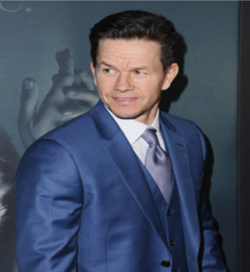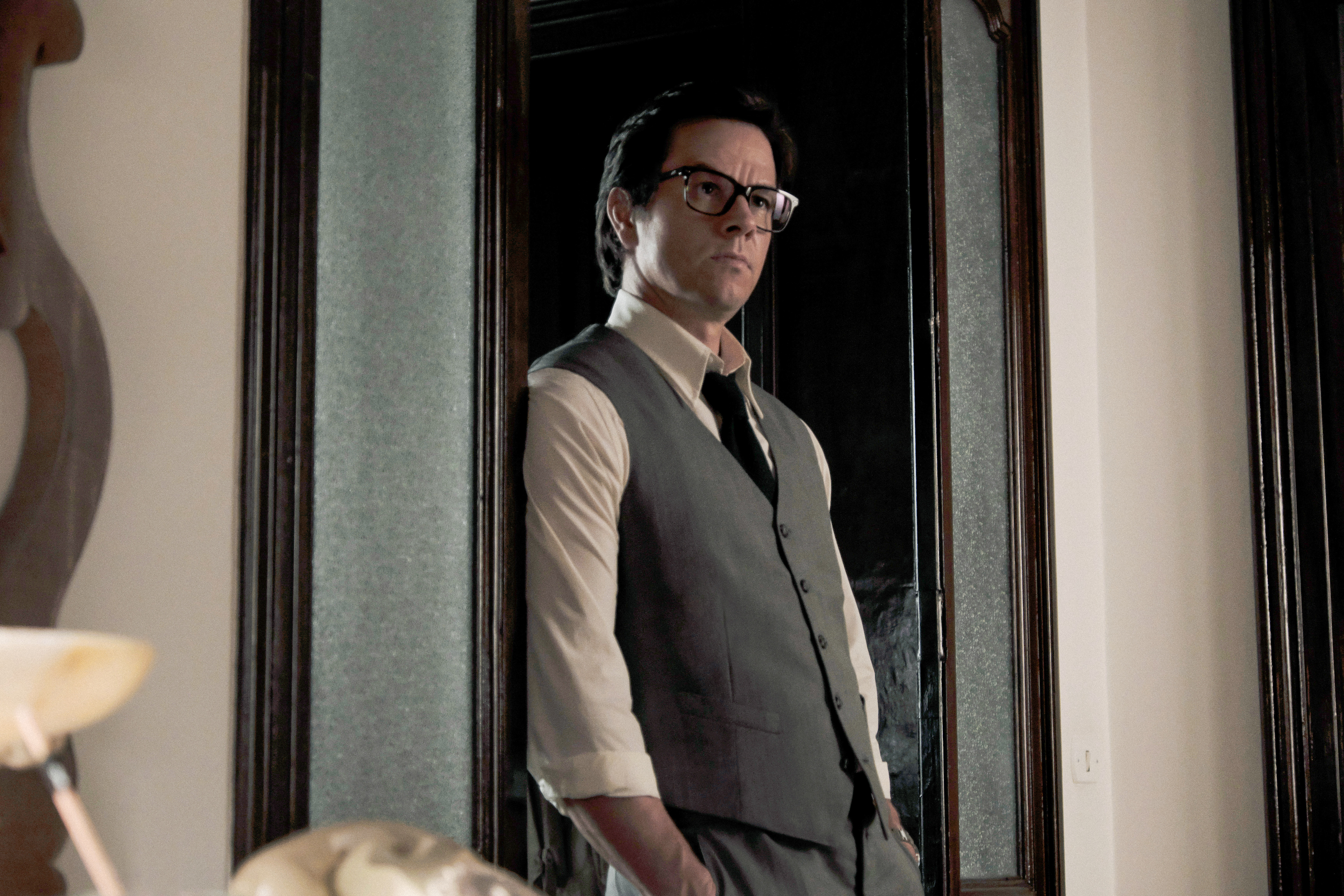Even with all the money in the world, has Hollywood still failed us?
During the recent months, the slick foundations of Hollywood have begun to crack, revealing the cesspit of movie-mogul scum to the masses, and exposing them for years of hidden sexual abuse. Since the expose on Harvey Weinstein was published last October, barely a week has gone by and there have already been more allegations against Hollywood’s elite coming to light. However, alongside the revelations has come an uprising in the form of the #MeToo movement and the Time’s Up charity, which raises legal defense funds for victims of sexual abuse. Increasing numbers of celebrities are vocalising their support for the movement, with some turning their backs on a few of the industry’s most powerful names and others actively taking part in the protest, most notably at the recent Golden Globes ceremony. But how far does this support actually go?
The inner workings of Hollywood is all about the surface image. Whilst donning a Time’s Up badge or wearing black to an awards ceremony seemingly emits an image of progressiveness, is it fair to praise a superficial show of support? A dichotomy of ‘us vs. them’ has arisen in the industry, with celebrities voicing conflicting stances on the so-called ‘witch hunt’ of sexual abusers (a term used by celebrities such as Woody Allen and Jeremy Piven). The list of celebrities standing up against the systematic abuse of the industry grows each day, with innumerable tweets of support for the cause, but it seems that some might need to be reminded that having your name put on the list of ‘woke’ celebs is not the end of the story.
Is the occasional flash of outspokenness enough, or must actors take it further?

Image credit: Getty Images
The search for the ‘right’ kind of support is perhaps a dead-end, especially given the variety of stars — a seasoned actor denouncing a filmmaker does not carry the same weight as a rising star doing the same — so how can stars show a selfless display of support in such a selfish industry? Is the occasional flash of outspokenness enough, or must actors take it further?
It would appear that the question of money has joined the conversation. Recently, actor Mark Wahlberg donated his earnings from the All the Money in the World reshoots to the Time’s Up charity. However, this gesture was only performed after a week of public shaming. It was reported that Wahlberg was paid $1.5 million for the 10 days of reshoots after the disgraced Kevin Spacey was to be edited out after allegations of sexual abuse. Wahlberg’s female co-star Michelle Williams, however, was paid the union daily wage for an actor, with her earnings amounting to less than $1000 for the same amount of work.
Is the occasional flash of outspokenness enough, or must actors take it further?
When Kevin Spacey was exposed for allegedly abusing actor Anthony Rapp, amongst others, Ridley Scott, director of All the Money in the World, made the decision to completely erase Spacey from the film and replace him with Christopher Plummer. Determined to keep to the intended release date, the cast and crew were required for an intense 10 day run of reshooting last November in order to finish on time. Reshoots of this scale are rare; the amount of time, effort and money that is needed to execute this is astronomical. However, it perhaps signals a change in the industry. For a film to take the Spacey allegations so seriously that he is completely edited out of his role appears to be a major step forward in the way that Hollywood treats its abusers. Michelle Williams spoke out about the importance of doing the reshoots, and she and several other actors immediately agreed to return to set for minimum pay over the Thanksgiving period.
However, Mark Wahlberg reportedly needed more convincing to come back and complete his share of the work. After pushing to be paid a monstrous sum of $1.5 million, he agreed to do the reshoots. The fact that Wahlberg needed that big of an incentive to commit to 10 days of extra work, which were effectively a show of support for the victims of abuse, speaks volumes about his priorities.

All the Money in the World. Image credit: Sony Pictures Releasing
This is further proved by his week-long delay in responding to allegations about the wage gap he exploited. Aidy Bryant of Saturday Night Live picked up on this during Weekend Update, saying “it would be so cool if it didn’t take a week-long public shaming to do the right thing.” Whilst Wahlberg ended up donating the reshoot salary to the Time’s Up legal fund, he can hardly be praised for his delayed response. It shows little care for the victims of Hollywood or the movement against the abuse. His reluctant gesture rather seems like an easy way out, like a way to pay off the negative press and appear to support the cause whilst doing the bare minimum.
This issue of ‘paying off’ criticism goes further than this. Many actors are currently expressing their regrets for working with director, Woody Allen. Allegations against Allen have been rife in Hollywood for decades, with his adopted daughter Dylan Farrow repeatedly speaking out about the abuse she allegedly suffered at his hands when she was a child. Ellen Page has come out to say that working with Allen in 2012 was “the biggest mistake of [her] career”, Colin Firth has expressed his guilt about working with the filmmaker, as have Mira Sorvino and Greta Gerwig.
The fact that Wahlberg needed that big of an incentive…speaks volumes about his priorities
Actors are taking further steps to make retributions for working with the besmirched director. Rebecca Hall had previously worked with Allen in 2008, and began work on another of his films last year. However, this month, she has expressed her guilt for working with Allen after revisiting Dylan Farrow’s statements and doing research into past allegations. She has since donated her full salary to the Time’s Up fund and has said that she “signed up, will continue to donate, and [looks] forward to working with and being part of this positive movement towards change not just in Hollywood but hopefully everywhere” (Vanity Fair). With this statement, Hall makes a departure from the easy road that apologising celebs seem to take. Unlike Wahlberg’s effortless pay-off response, Hall has pledged to actively contribute to the movement and make a difference in Hollywood.

Timothee Chalamet and Woody Allen photographed on the set of Allen’s new film. Image credit: The Guardian
Other actors from Allen’s new film are making similar moves. Awards season’s favourite rising star, Timothee Chalamet, has released a statement expressing his regret. He has also donated his full salary to 3 different charities; Time’s Up, the LGBT Centre in New York, and RAINN. In his statement, he acknowledges that his decision to take the role was a selfish one. He admits that he was just starting out when he took the role, echoing Ellen Page’s statement where she stated that you can’t say no to a Woody Allen film. As a young and naive actor, it is far easier to forgive someone like Chalamet for working with someone like Allen, compared to someone like Kate Winslet. The industry is a battleground and actors starting out are likely to grab any role in order to get a named credit, particularly with a famous director. For a younger, less-experienced actor, it speaks volumes when they explicitly denounce someone they’ve worked with and donate their salary, as it comes with more risk.
[Rebecca] Hall makes a departure from the easy road that apologising celebs seem to take [by pledging] to actively contribute to the movement and make a difference in Hollywood
The difference between Mark Wahlberg’s donation and Chalamet’s is about learning from mistakes and taking the risk that that involves. Going by Wahlberg’s continued success, even after racial abuse claims, it would appear that the seasoned star has no fear of something like this affecting him. He is still securing roles and he is able to live his affluent lifestyle. Newer or less commercialized actors don’t have that cushioning but take the risk anyway. Actors such as David Krumholtz and Griffin Newman, who also appear in Allen’s forthcoming film, have made similar announcements, with Krumholtz donating his salary to Time’s Up, and Newman donating his to RAINN. These are names that are considerably less well known, and thus their actions come with much higher risks. It shows a degree of courage for these actors to believe in and fight for the cause.
Again, we are brought to the main question: is this enough? Which leads us to think about whether these supposedly grand gestures of monetary donations are making a difference, or are they a way of easily escaping scrutiny? In the case of Chalamet and Hill, it’s certainly a start, but how many donations need to be made, or Time’s Up badges worn, before a power shift in Hollywood happens? Is there a right and effective way to show support or is simply showing support enough?
Whatever the answer to that question may be, it will take more than all the money in the world to pay off the crimes of Hollywood’s elite.
For more on the impact of the Time’s Up campaign and activism in Hollywood, check out our Golden Globes coverage here.
To find out more about the Time’s Up campaign and how you can make a difference, go to their website.

Comments